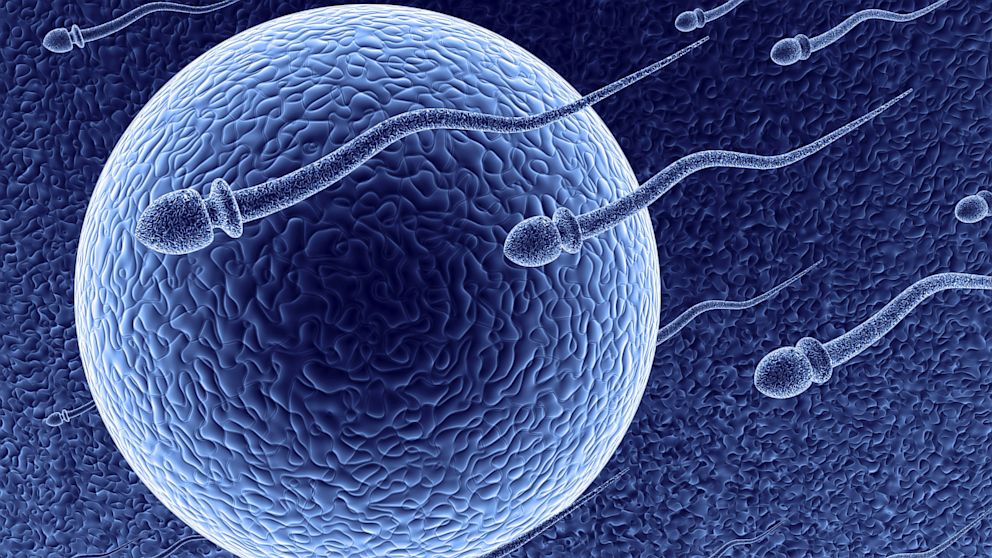Scientists can reverse the aging process of older woman’s eggs to improve fertility
The following written content from Sharon Wrobel

Scientists at the Hebrew University of Jerusalem have found that anti-viral drug therapy may help “reverse” the aging of human egg cells, thereby increasing the fertility of older women.
In an era of an increased rate of delayed first childbearing, women in their late 30s and 40s are often faced with declining prospects of conception, even with IVF treatment, because their eggs have accumulated so much DNA damage over the years that they cannot mature and be fertilized.
Michael Klutstein, a molecular biologist at the Hebrew University of Jerusalem, aims to reverse human egg deterioration. The research study from his lab, carried out by PhD student Peera Wasserzug-Pash together with clinicians from the Hadassah and Shaare Zedek hospitals, identified one of the aging processes that inhibits egg maturation by using human and mouse egg cells.
Read: New therapy reverses signs of aging in mice
“About half of our genome is made of virus-like sequences or fragments of viruses, which can cause considerable damage to the DNA if they are allowed to be activated through expression,” the researchers explained. “It is the aging process that causes the failure of the system to keep these damaging elements repressed and inactive.”
The team then artificially reproduced the destructive aging process in egg cells, before seeking to undo the damage by using anti-viral drug therapy.
“In their paper, the researchers showed that anti-viral drugs did indeed reverse the process in mouse egg cells and returned to their former youthful selves,” Hebrew University announced.
The findings of the study were published in the peer-reviewed journal Aging Cell.
“Within a decade, I hope we will be able to increase fertility among older women” said Klutstein. Read more from Algemeiner





